Eseovwe Emakunu: Hello, Mr. Israel. It's good to have you here. Can you give us a brief introduction of yourself?
Israel Wekpe: My name is Israel Wekpe. I'm a PhD researcher at the University of Leeds. My areas of interest are intercultural theatre, Ola Rotimi, and new directions in Nigerian theatre. I have been a theatre practitioner for over thirty years; I write, direct, and train actors.
Eseovwe: All right. Mr. Israel, there's been this renewed voice against racism in the world and how we need to encourage inclusivity and people coming together as one. What's your take on the renewed agitation against racism?
Israel: I think the world has become woke. The world is thinking about racism so much. But it's a sad reality and a very disturbing phenomenon; quite distasteful. It's always been there. It is still there. It's about prejudice and discrimination—and that is found across religions, skin colors, and borders. This contestation creates a divide, and there has to be a convergence. This is where we think about anti-racism and antidiscrimination. Whether it's the color of someone’s skin, the sound of their name, or their face alone, it's about discrimination. It's about prejudice.
Eseovwe: We should encourage more conversation and discussions about it so that we can actually nip this in the bud. Let's try and situate it into a Nigerian context. How do we contextualize racism in Nigeria and how has Nigerian theatre responded to it?
Israel: I can't say that... Nigerian theatre has always seen racism in different lights. Remember the apartheid fights in South Africa? Nigeria contributed to that. As a young man in secondary school, I remember contributing money to that fund, alongside South Africans with me in school, to bring some of them to Nigeria back in the 1970s. But we had performances in that regard—improvisational performances and performances to bring awareness about what was happening in South Africa at the time. But it was not mainstream theatre. It was theatre to enlighten people.
It’s important to remember that Nigeria is a not a multiracial country—but that word comes into the picture so I will explain about the word “race.” We have to look at it in a different light, in the Nigerian light, when talking about race in Nigeria. For me, it brings to mind Hubert Ogunde. Hubert Ogunde is referred to as the father of Nigerian modern drama and in the 1960s he wrote the play Yoruba Ronu, which means Yoruba think. And people have to come to ask themselves now about the Yoruba race; the Oduduwa race. They're looking at their lineage and saying, “This is our race.” And of course, the Igbos say they have a race. The Hausas say they have a race. And one begins to see all these contraptions or these entities saying they are racist. So, it's not only about skin now; it's about a people, it's about a language, it's about a location.
And so, where they are, they feel that they are a race because they share a certain identity—they share certain morals and customs, so they tend to look at them as race. When looking at it from that point of view, people can begin to appreciate the work of Ola Rotimi, who I studied, and look at what caused the Nigerian civil war. Rotimi's response to that was, “The gods are not to blame. We are to blame.” This comes from Rotimi’s play The Gods Are Not to Blame, which follows the story of a young man named Adewale who comes to a new community. In that same community, someone says about Adewale: “Oh, the butterfly thinks of himself as a bird.” How metaphorical. Just because they both fly, doesn't mean that they come from the same place.
That's the thing about alienation—it draws people away from inclusivity, equality, and diversity. So Nigerian theatre responds to that and will continue to respond to that. Rotimi looked at it from another context with If: A Tragedy of the Ruled. In the same context, he experimented with what they call putting a lot of languages in place rather than speaking English which, again, is foreign and technically racial. He uses the Ijaw race, the minorities in the drama, to show that element of agitation and emphasize that those discriminated against don’t have access to certain things.
That denial of access draws the marginalized away and excludes them. The embers of dissension begin to come up. This is found again in Rotimi’s Hopes of the Living Dead, which is another brilliant allegory that thinks about race in the Nigerian context. The story is set in a leprosarium with people that speak various languages. The character Nweke, who understands all the languages, interprets the different languages for those who are not able to understand when one person is speaking in their own dialect or language. Nweke becomes the rallying point—the meeting place for everyone. He becomes the symbol of unity and inclusivity, and this is what Rotimi wants us to embrace, driving home the need for acceptance regardless of our differences. We see the policeman as a symbol of aggression as he prevents protesting and enforces relocation.
All these elements coming into play show us, again, that race is power. Race is dissension. Race is anger. But race must commune as togetherness. So, we can see race as racism and anti-racism, but we must now begin to see race as a collection of people to change the narrative. We can't begin to see race as a rat race like in Langbodo, a play by Wale Ogunyemi. In this play, everybody is scrambling to get their personal things and they only care about themselves. That's not the kind of race that I want. I want the race that will encourage progression.
Now when it doesn't, for me, it becomes racism in the Nigerian context. If you look at like Ahmed Yerima’s Kafha Last Game, these are responses to the situation in South Africa, but they're also metaphors for the situation in Nigeria where power is hierarchical. When this kind of tension about power being hierarchal and misused is created, people respond in different ways. So, we must remove ourselves from that.
All these elements coming into play show us, again, that race is power. Race is dissension. Race is anger. But race must commune as togetherness.

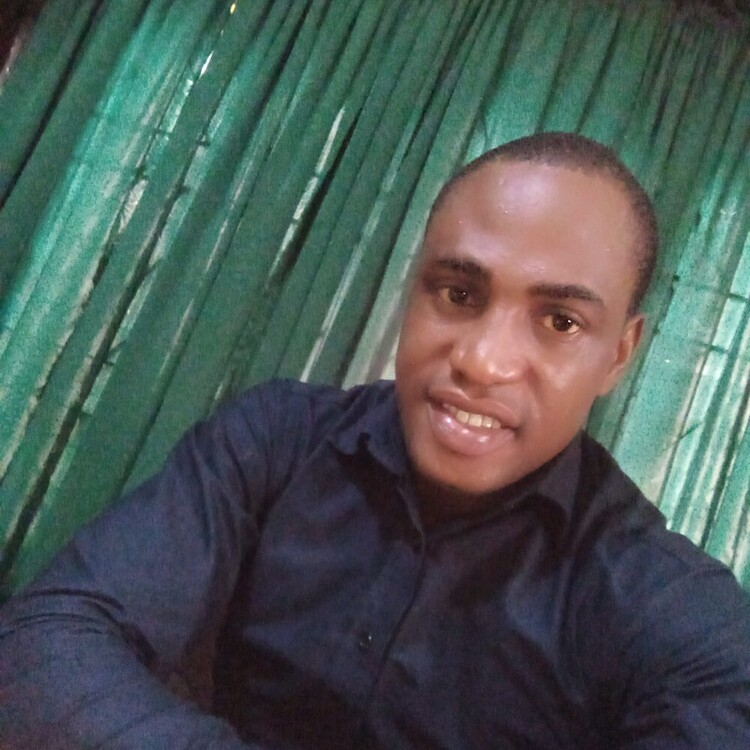
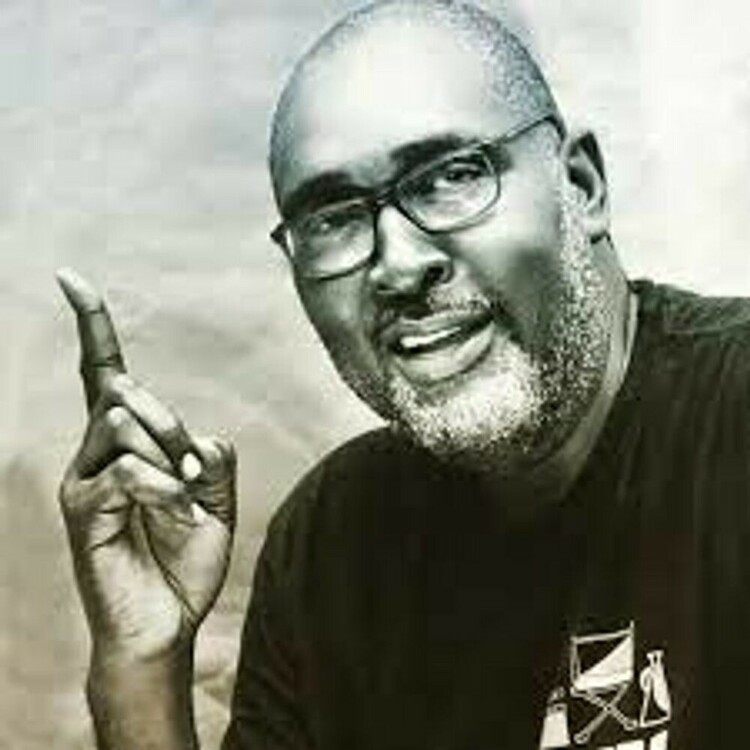
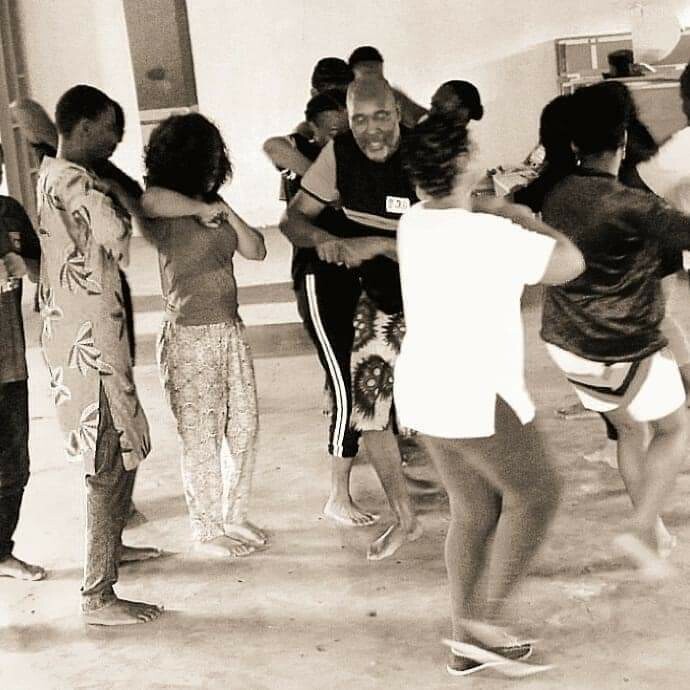
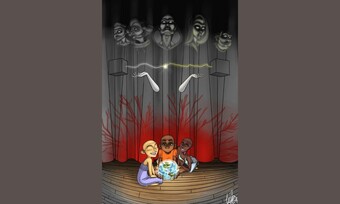


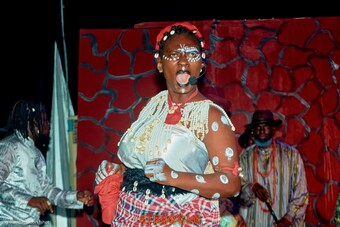


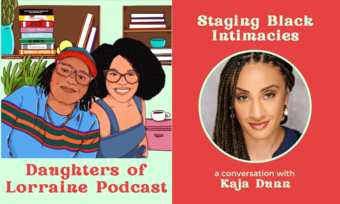



Comments
The article is just the start of the conversation—we want to know what you think about this subject, too! HowlRound is a space for knowledge-sharing, and we welcome spirited, thoughtful, and on-topic dialogue. Find our full comments policy here